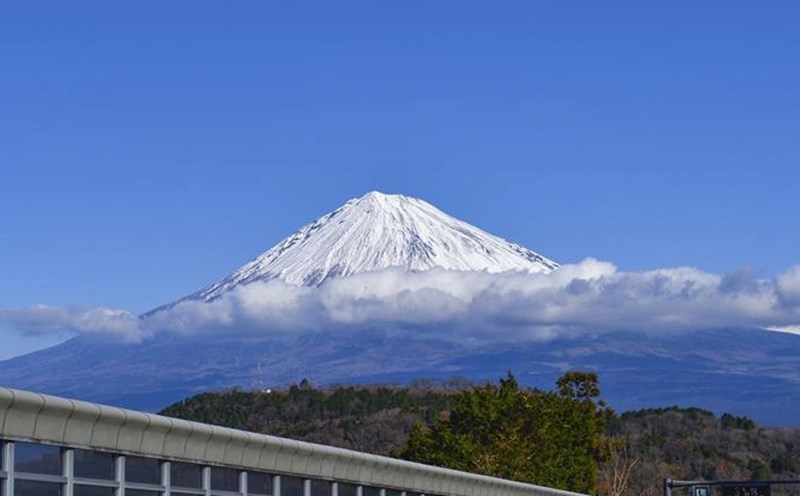volcano Hayli Gubbi in the afar region of Ethiopia, about 800km northeast of the capital Addis Ababa, exploded for several hours on the morning of November 23, burying the nearby village of Afdera in ashes.
There were no casualties due to the volcano's explosion. However, the volcano in Ethiopia created a column of thick smoke up to 14km high in the sky, carrying clouds of ash to Yemen, Oman, India and northern Pakistan, according to the Toulouse Fire Dust Consulting Center (VAVAAC) in France.
The latest volcanic explosion in Ethiopia can be observed from satellite, with NASA's image showing thick columns of smoke rising to the sky and rolling over the Red Sea.
The Pakistan Meteorological Department issued a warning after ash and dust entered the airspace on the evening of November 24.
In India, airline Air India has canceled several domestic and international flights to conduct "preventive checks for aircraft that have flown through certain locations following the Haili Gubbi volcano".
Delhi, which is recording a serious air pollution, is not expected to be significantly affected by the ashes drifting at high altitudes. The Indian Meteorological Department (IMD) said that the dust clouds are expected to move rapidly to the east.
Ahmed Abdela, a resident in the afar region (Ethiopia), said the volcano's sudden explosion "feels like a suddenly dropped bomb". Many people on their way to the Danakil desert, a local tourist destination, were stranded in the dusty Afdera region on November 24.
Local official Mohammed Seid confirmed that there were no casualties, but the volcano's outbreak could have economic impacts on the local livestock community.
"Up to now, although there have been no human or livestock losses, many villages have been covered with ashes and livestock have no food," he said.
volcanoes or or Gubbi are about 500m high, located in the Rift Valley, an area with strong geological activity, where the two tectonic plates meet.
The Smithsonian Institute's Global Fire Mountain Program said that there has never been an orally Gubbi outbreak recorded in the current geological era, which experts call the Holocen period.
The Holocen began about 12,000 years ago, at the end of the last baby boom.











